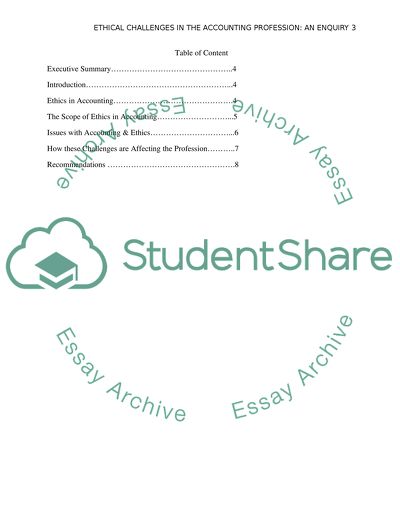Cite this document
(“Ethics in the accounting field Research Paper Example | Topics and Well Written Essays - 2500 words”, n.d.)
Retrieved from https://studentshare.org/family-consumer-science/1413669-ethics-in-the-accounting-field
Retrieved from https://studentshare.org/family-consumer-science/1413669-ethics-in-the-accounting-field
(Ethics in the Accounting Field Research Paper Example | Topics and Well Written Essays - 2500 Words)
https://studentshare.org/family-consumer-science/1413669-ethics-in-the-accounting-field.
https://studentshare.org/family-consumer-science/1413669-ethics-in-the-accounting-field.
“Ethics in the Accounting Field Research Paper Example | Topics and Well Written Essays - 2500 Words”, n.d. https://studentshare.org/family-consumer-science/1413669-ethics-in-the-accounting-field.


